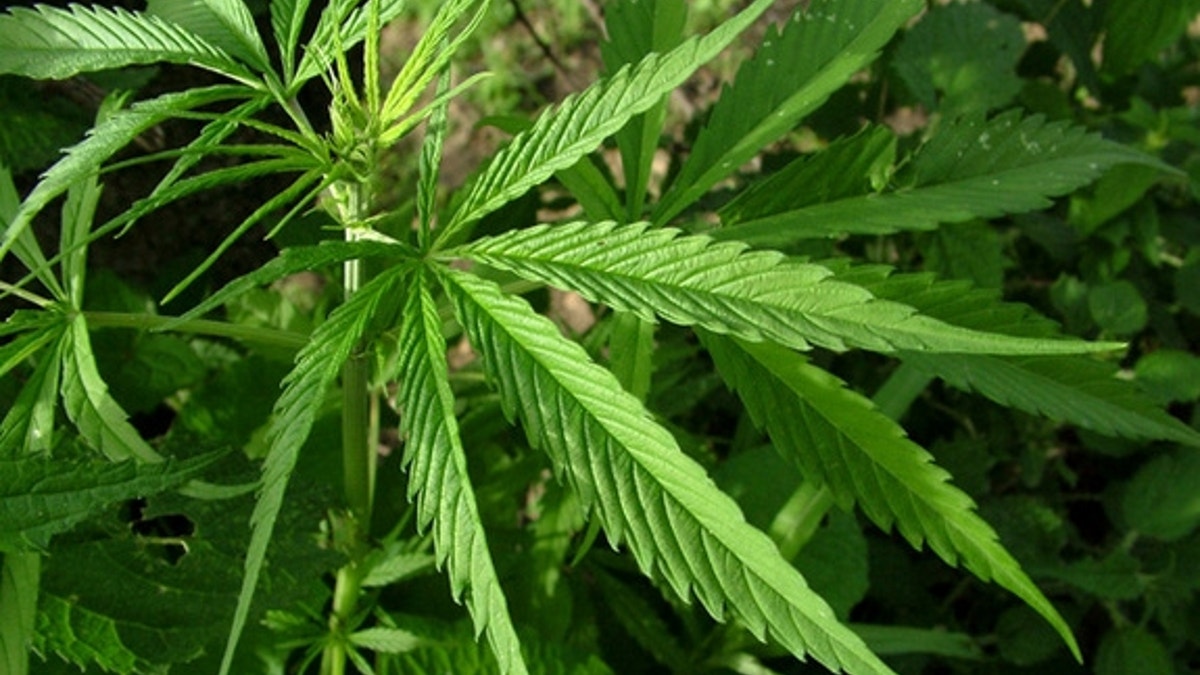
A pill form of marijuana may work just as well to relieve pain as the smoked form, but with fewer side effects, new research suggests.
In the study, people who either smoked marijuana or took the drug dronabinol — a pill that contains the active ingredient of marijuana — were able to hold their hands in a bath of ice water (showing that they could tolerate the pain of the cold temperature) for longer than participants who took a placebo.
What's more, the pain-reducing effect of dronabinol lasted longer than that of smoking marijuana, the researchers said. While smoking the drug decreased pain sensitivity for about 2.5, the pill continued to have pain-reducing effects for about 4.5 hours. However, analgesic effects of the pill took about an hour to kick in, compared with about 15 minutes for smoking marijuana.
Medical marijuana is legal in 18 states, and studies have suggested that smoking the drug relieves pain. For instance, a 2010 study found that smoking marijuana eased pain from nerve injuries.
However, "smoking anything presents certain health risks," said study researcher Ziva Cooper, an assistant professor of clinical neurobiology at Columbia University's Department of Psychiatry. Substances in the smoke can reduce lung function or increase the risk of cancer.
The new findings suggest a marijuana pill "can produce analgesic effects for longer without the health risks that come along with smoking," Cooper said.
Study participants were also less likely to say that they found the effects of dronabinol pleasurable, compared with people who smoke marijuana, indicating that the pill has less potential for abuse, Cooper said.
However, more research is needed to confirm the results. Because the study involved healthy people, it's not clear if individuals who suffer from a condition such as chronic pain would experience the same effect from the pill. (But Cooper noted that, in the past, drugs that worked in early studies to reduce the pain of an ice bath ended were indeed later shown to relieve chronic pain.)
In addition, the study involved regular marijuana users (who smoked the drug daily), so it's not clear if the results would apply to people who don't regularly consume marijuana. The study was also small, with just 30 people.
The research provides "additional evidence to suggest that both marijuana and dronabinol can be somewhat effective in reliving pain," said Dr. John Roberts, an oncologist at the Yale School of Medicine who has studied the effects of marijuana's active ingredient on pain, and was not involved in the new study.
Roberts said there might be a role for each form of the drug in pain relief, depending on the users' preferences. For instance, some people with a pain condition may say that they prefer smoking marijuana because it both reduces their pain and gives them a high. However, the issue of whether to allow patients to use potentially addictive drugs (ones they find pleasurable) is a question for public policy, Roberts said.
The new study was published April 22 in the journal Neuropsychopharmacology.
Copyright 2013 MyHealthNewsDaily, a TechMediaNetwork company. All rights reserved. This material may not be published, broadcast, rewritten or redistributed.
